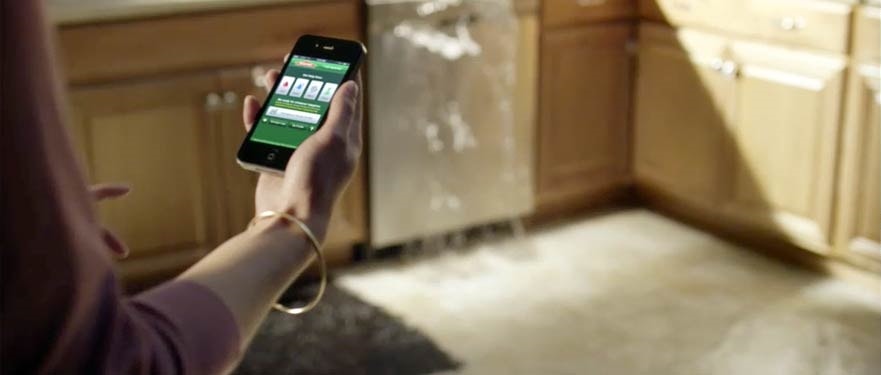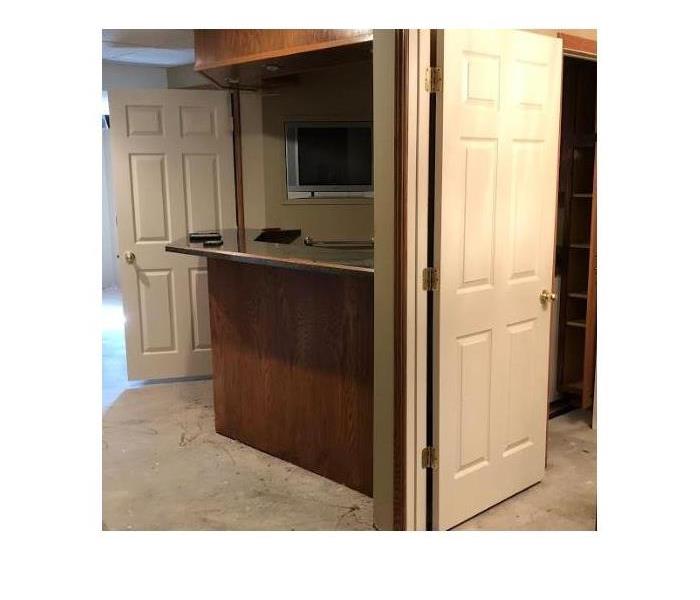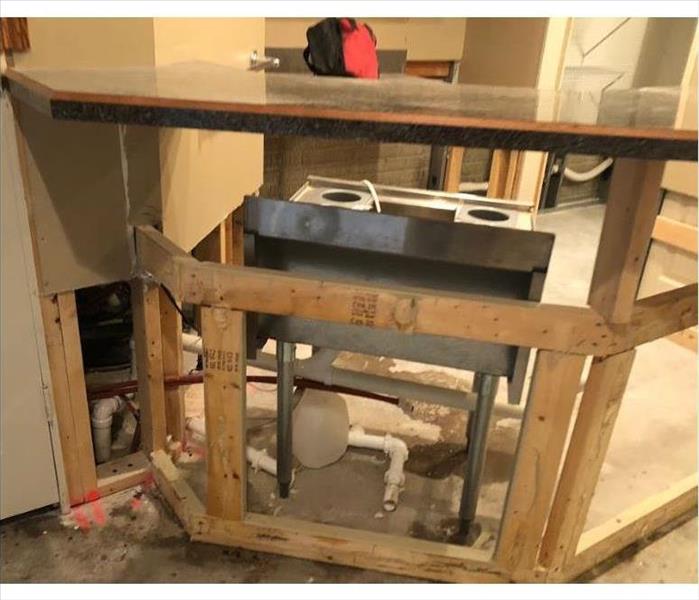
Water Damage Emergency Tips
What you can do until help arrives
Water Tips | Fire Tips | Biohazard Tips | Mold Tips
There's no doubt that Colorado is a pleasant place to live, with 300 sunny days a year on average. Unfortunately, Colorado's dynamic climate conditions often end in disaster for many homeowners. The 2013 Colorado flood comes to mind, whereupon a cold front clashed with humid air from the south, causing severe rain and flooding across the entire front range from Colorado Springs to Fort Collins, and Boulder County in particular. Colorado is also known for its formidable hail season. You might remember the May 8, 2017 hail storm that sent baseball-sized ice balls flying through the air, causing a total of $2 billion in damage.
Severe rain and hailstorms are just a few of many environmental hazards that can lead to water damage in a home. A hail-damaged roof in the midst of a severe thunderstorm is a recipe for disaster, potentially leading to severe water damage if not taken care of promptly. SERVPRO of Denver West has dealt with these kinds of structural issues for years and knows what to look for in assessing water damage. Before you call the experts, however, it's important to keep your own safety in mind.
After any water damage situation, your primary focus should be safety first:
- Is it safe to stay in the house?
- Electrical and "slip and fall" hazards are some of the most prevalent concerns.
- Only do activities that are safe for you to perform.
- Wet materials can be VERY heavy. Be careful!
Have A Water Damage Emergency? Call 303-576-6868
What To Do After Flooding
- Remove excess water by mopping and blotting.
- Wipe excess water from wood furniture after removal of lamps and tabletop items.
- Remove and prop wet upholstery and cushions.
- Place aluminum foil or wood blocks between furniture legs and wet carpeting.
- Turn air conditioning on for maximum drying in summer.
- Remove colored rugs from wet carpeting.
- Remove art objects to a safe, dry place.
- Gather loose items from floors.
What NOT To Do After Flooding
- Don't leave wet fabrics in place. Hang furs and leather goods.
- Don't leave books, magazines or other colored items on wet carpet or floors.
- Don't use your household vacuum to remove water.
- Don't use television or other household appliances.
- Don't turn on ceiling fixtures if ceiling is wet, and keep out of rooms where ceilings are sagging.






 24/7 Emergency Service
24/7 Emergency Service




